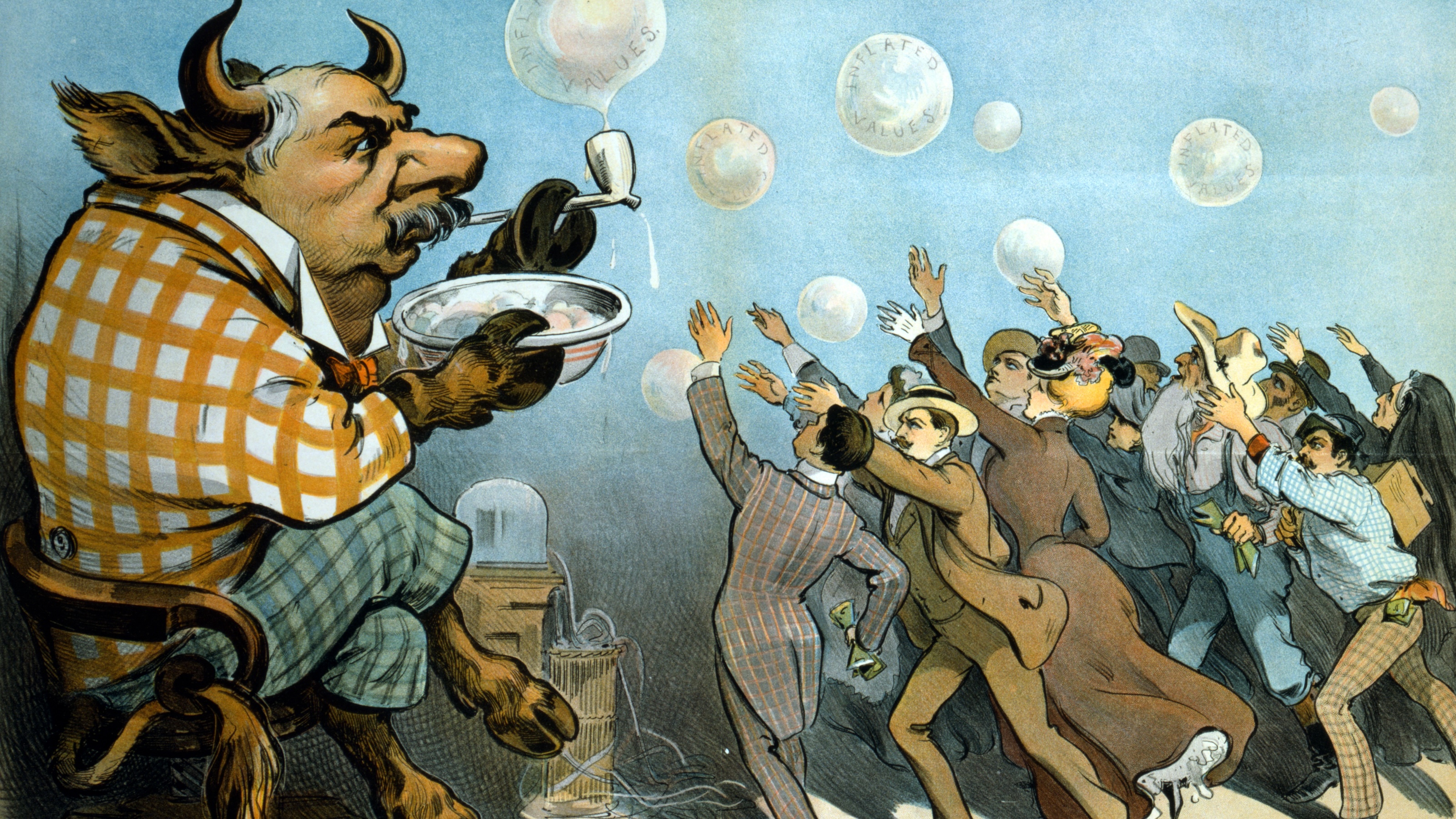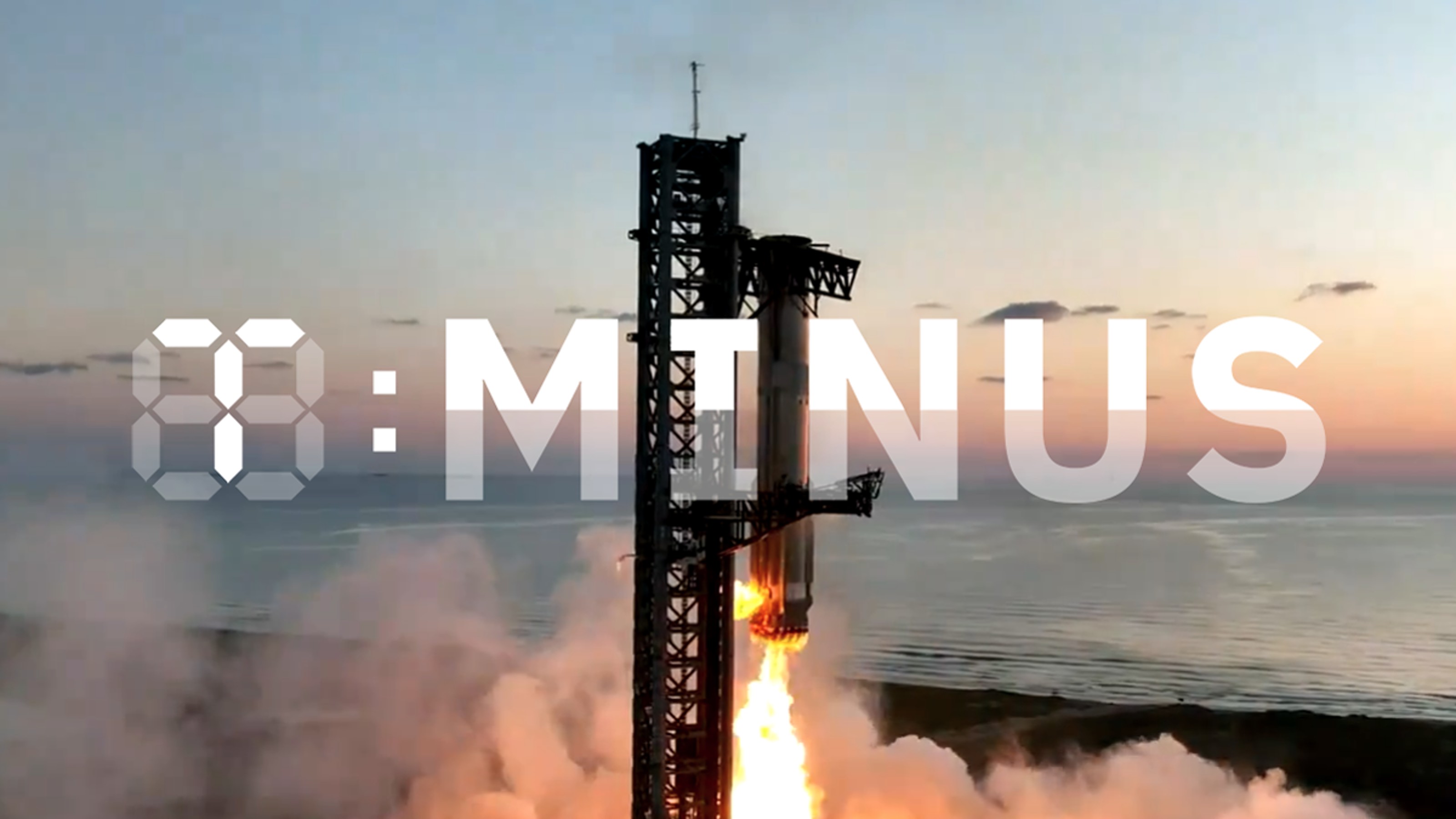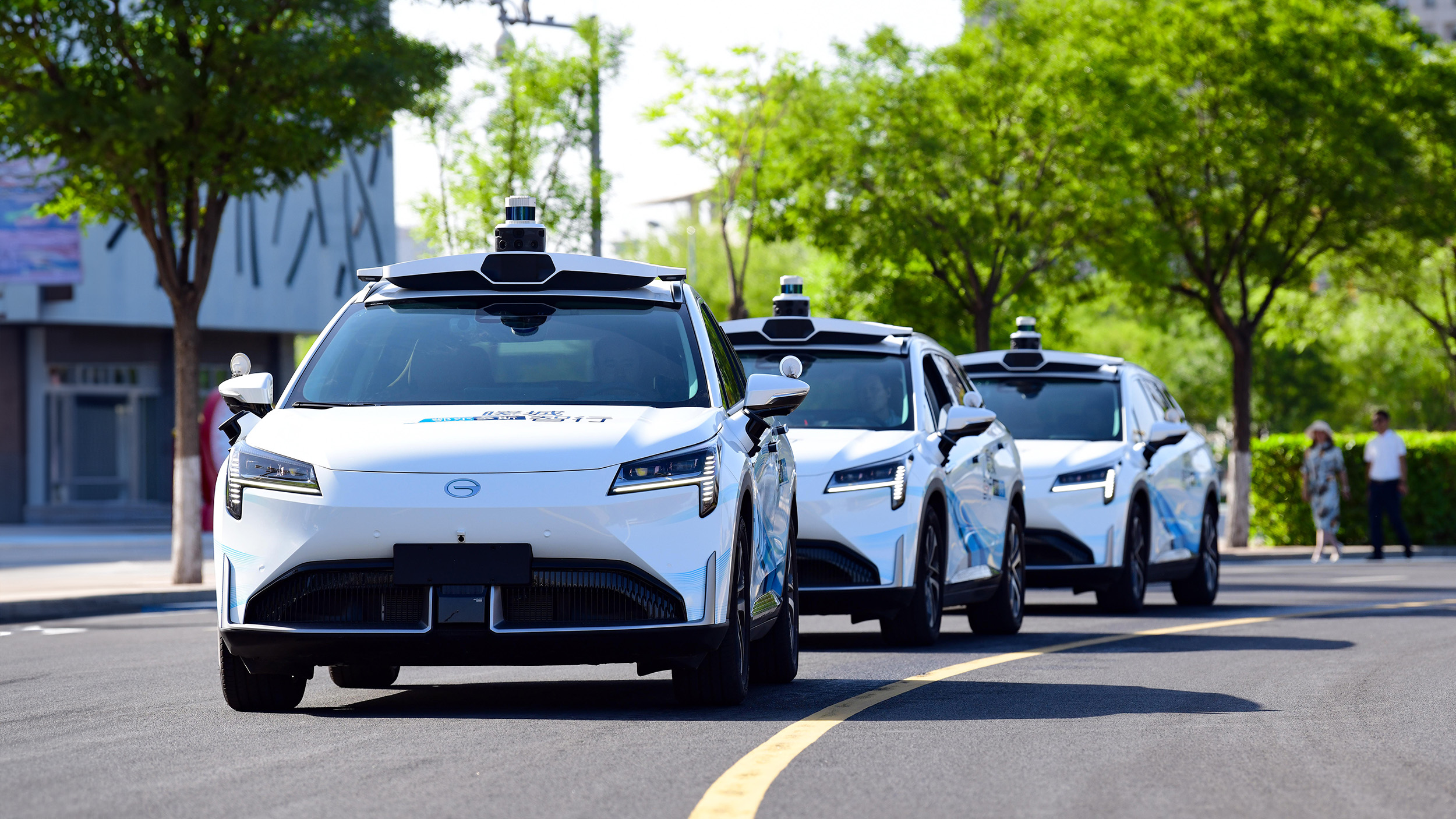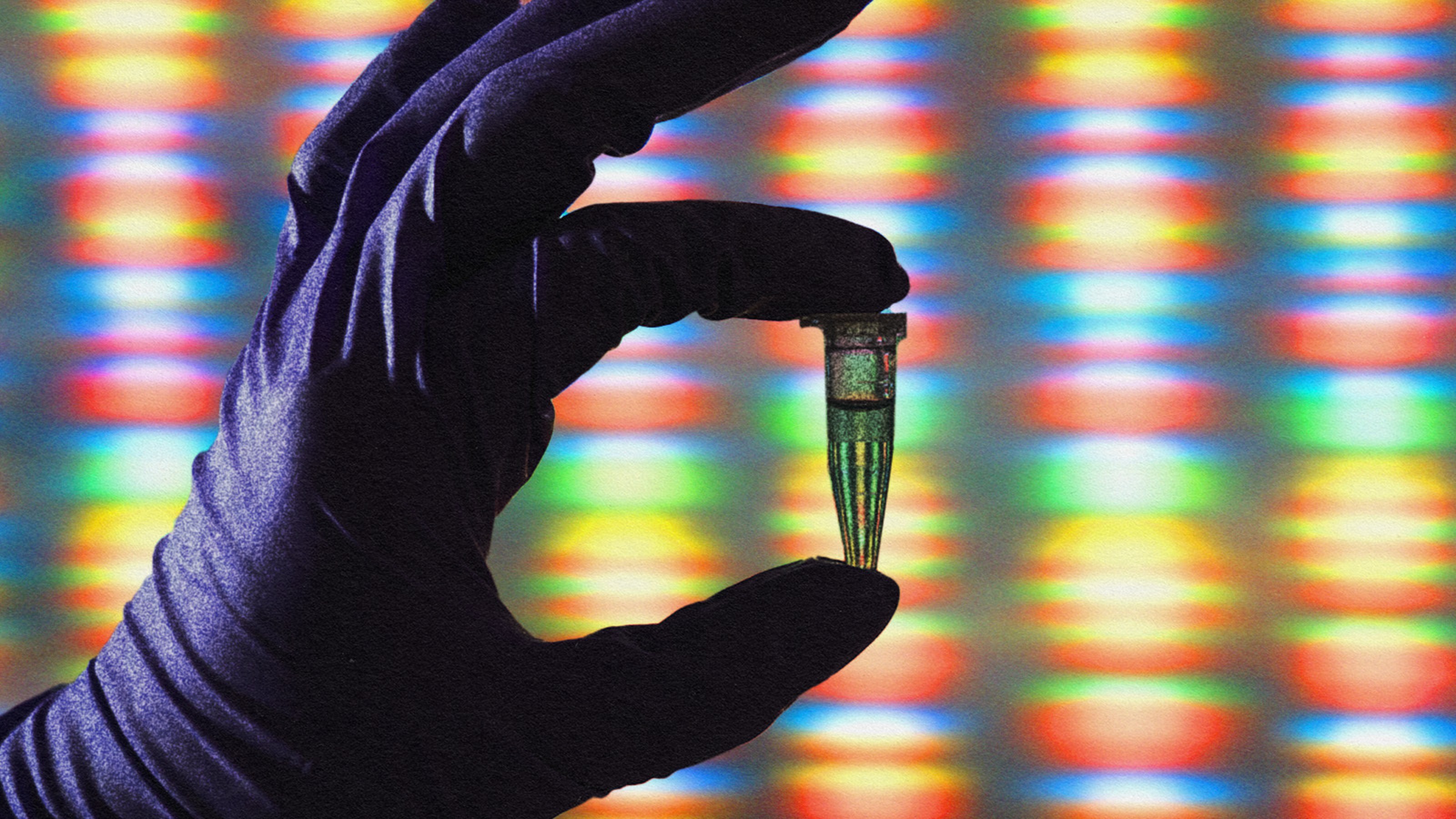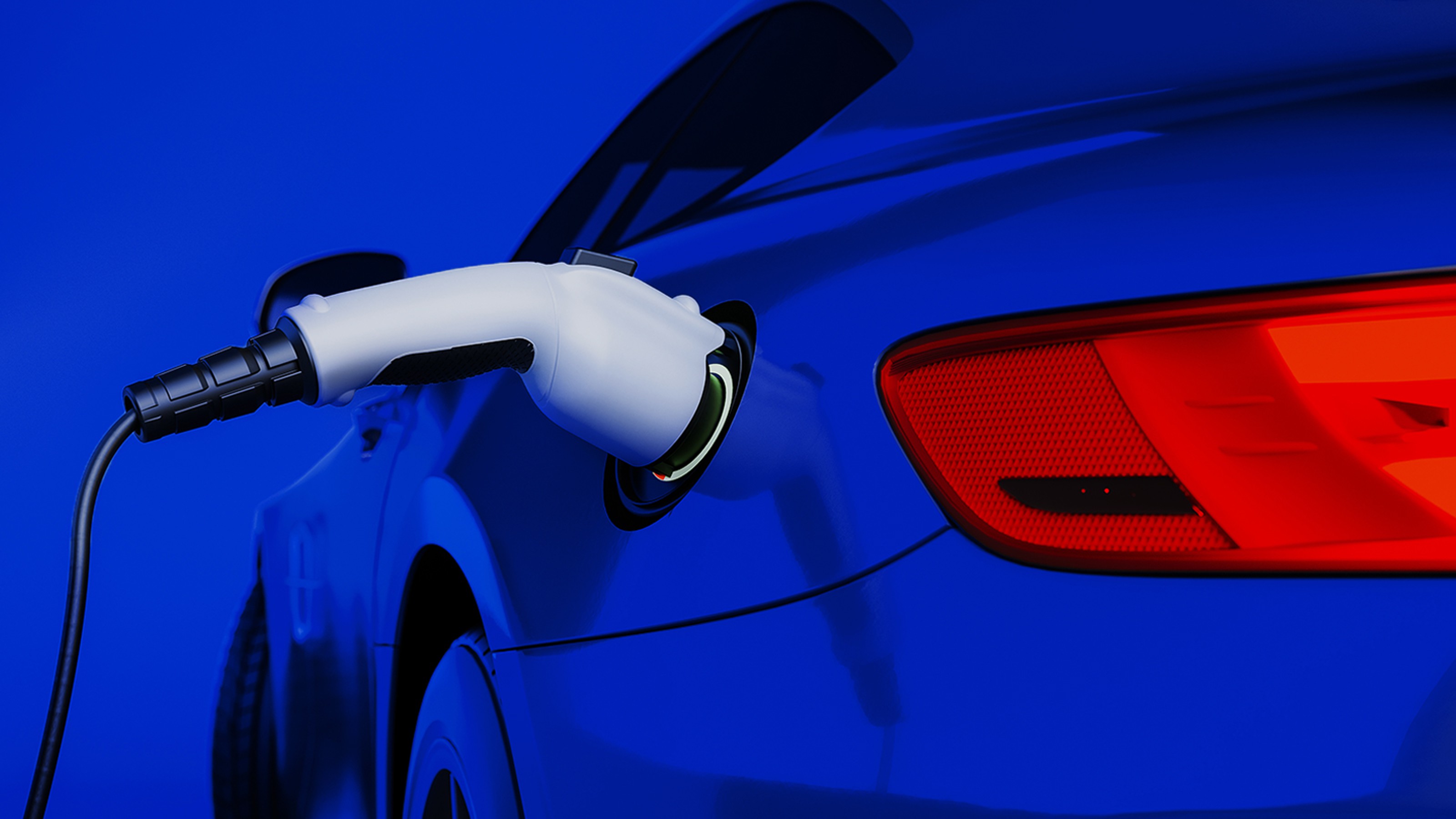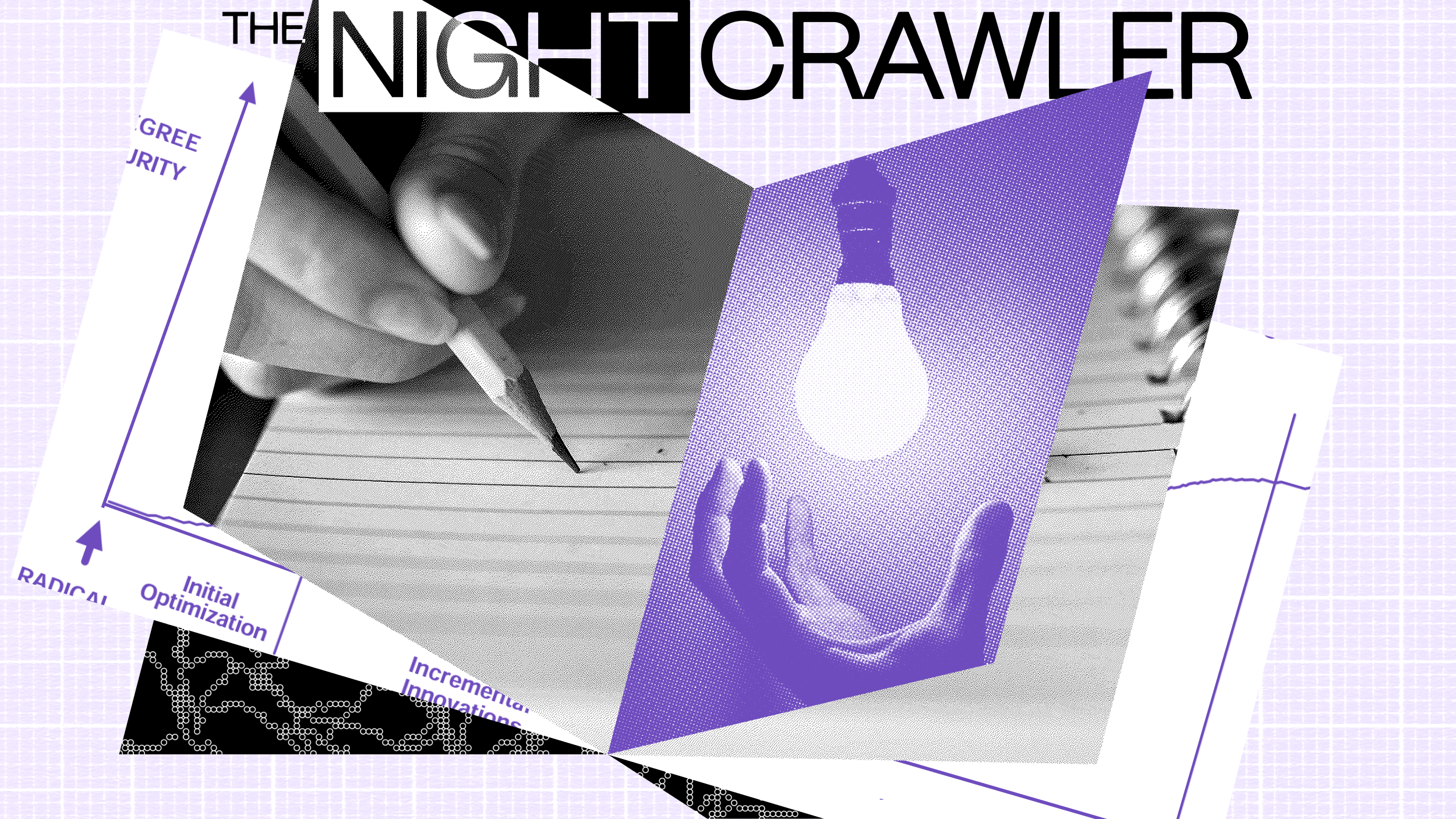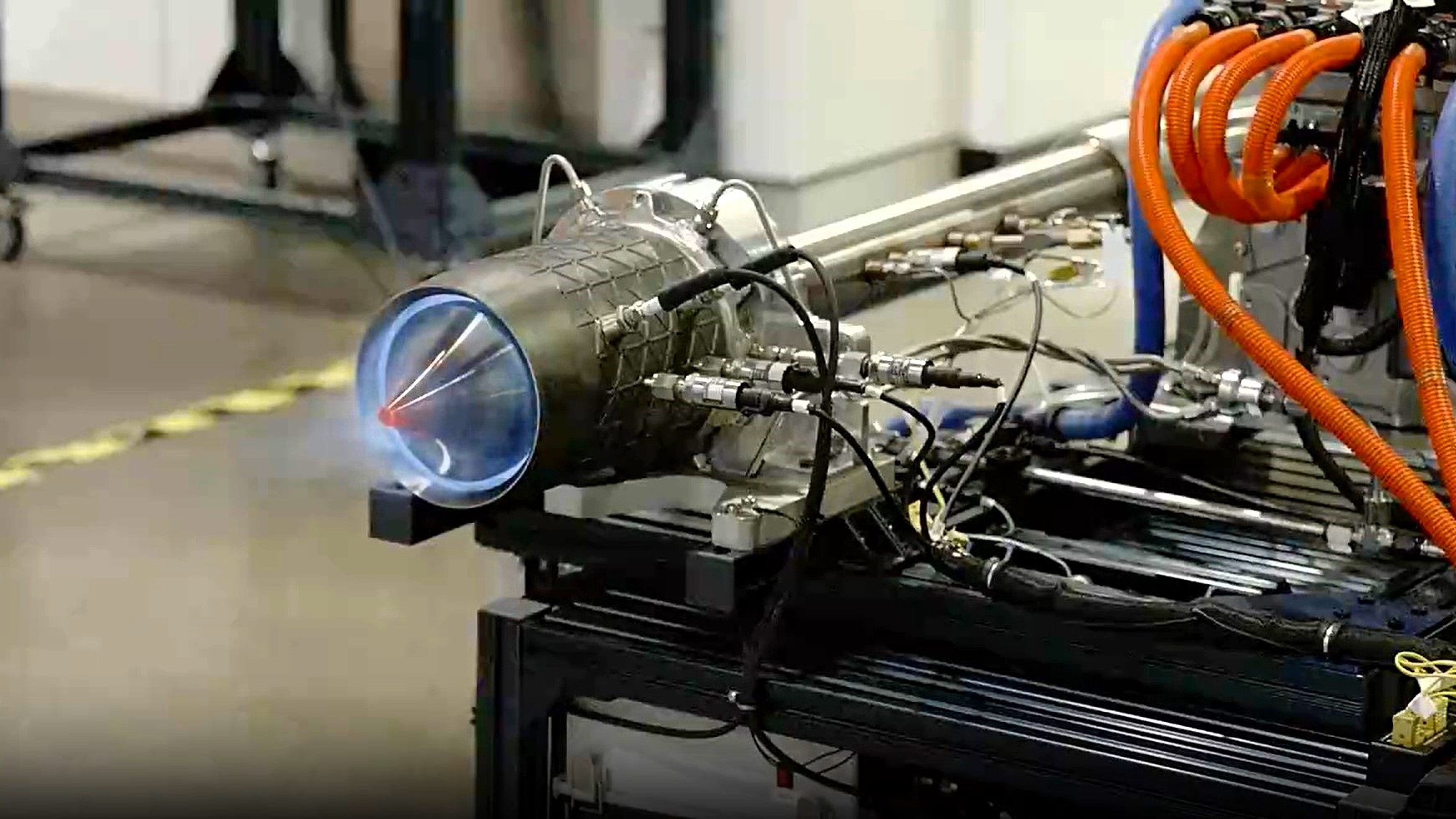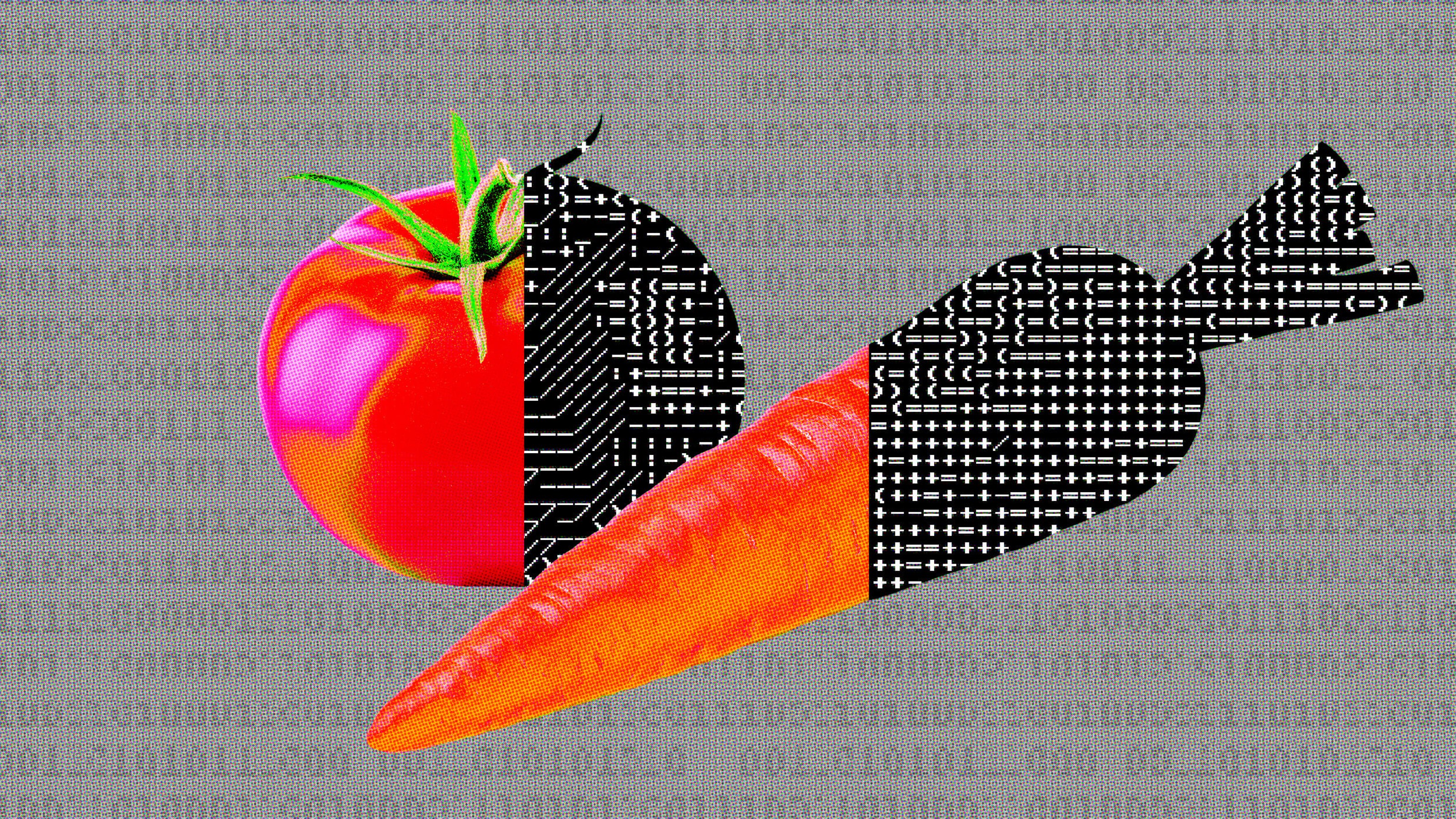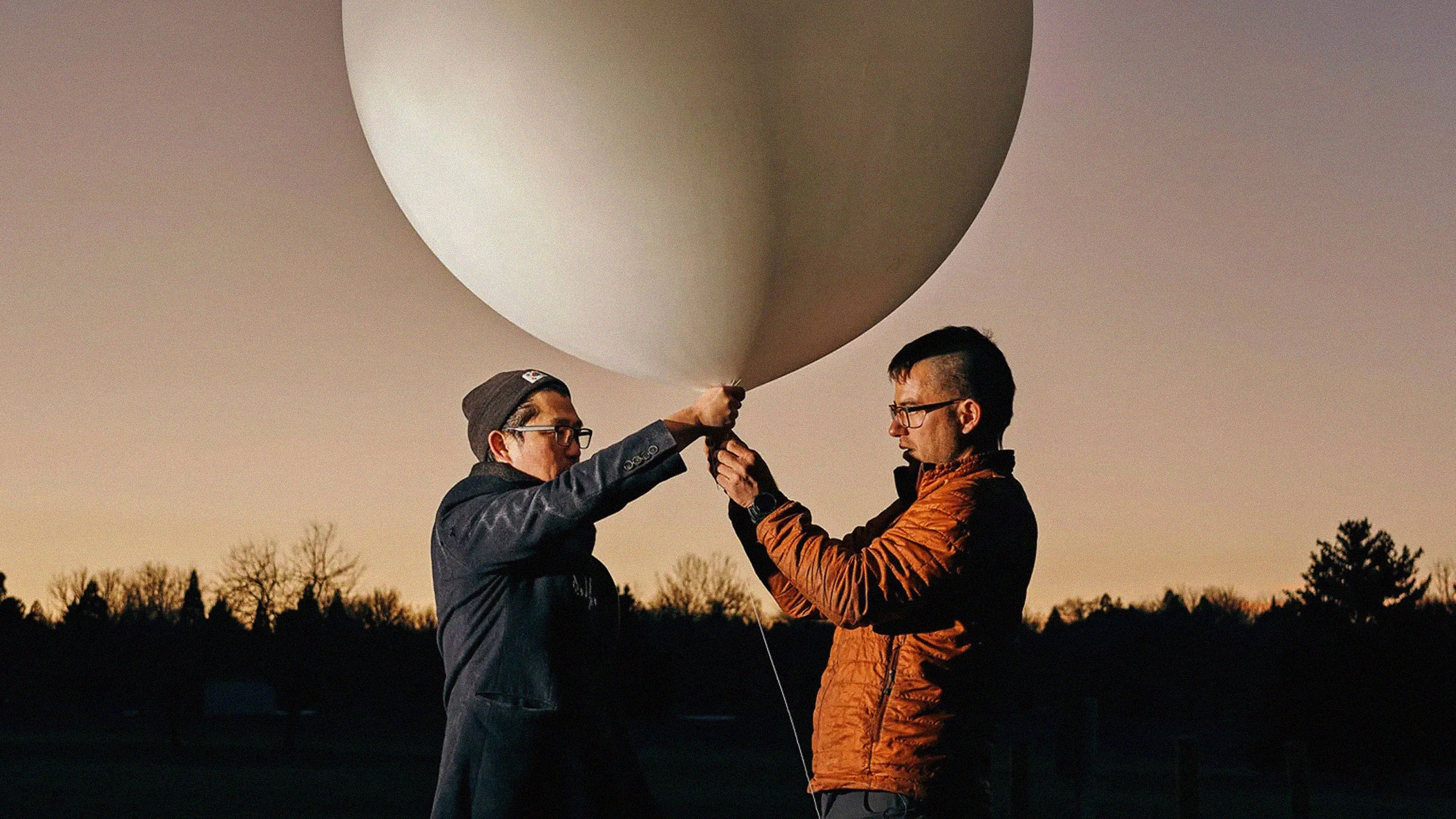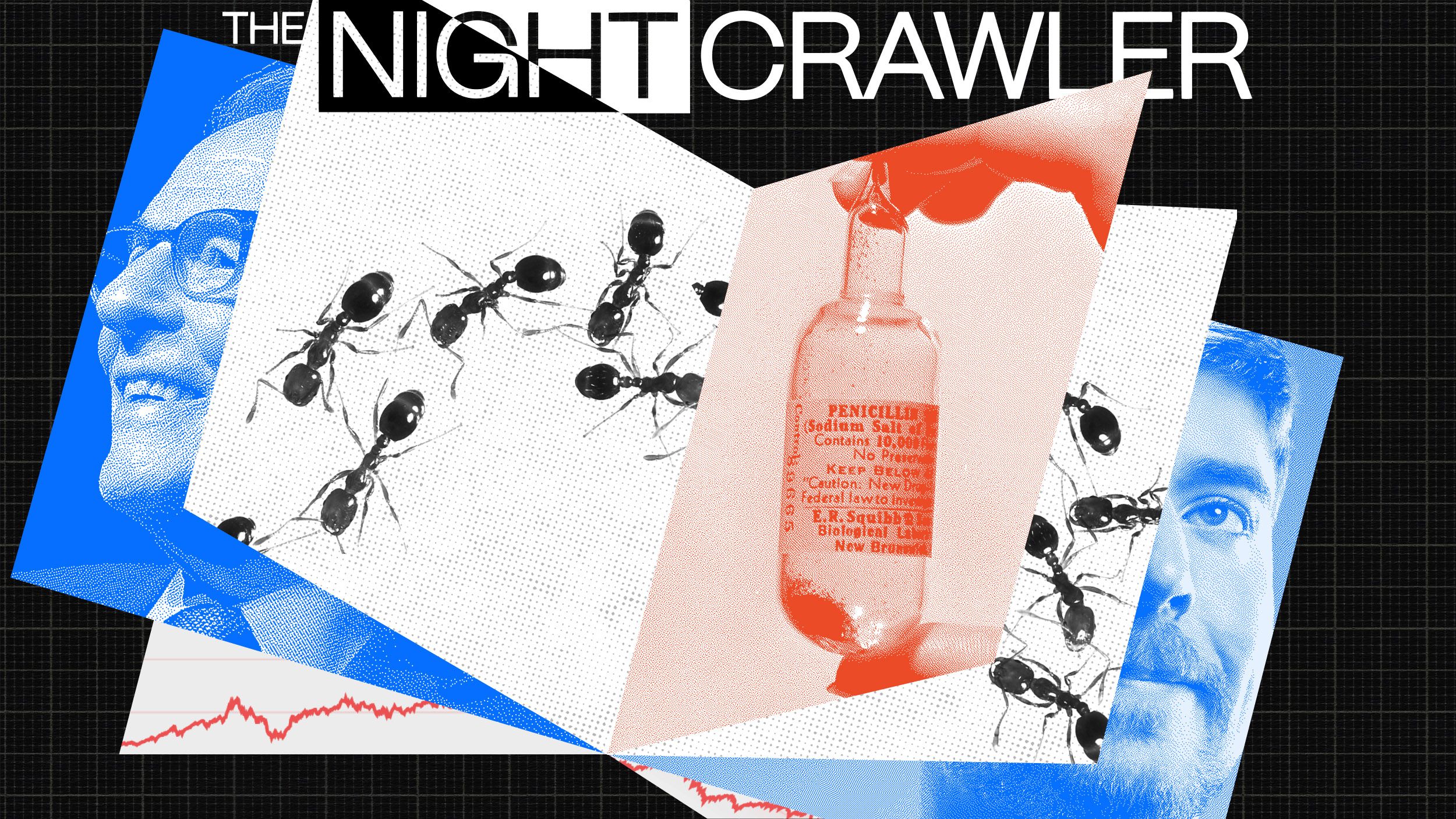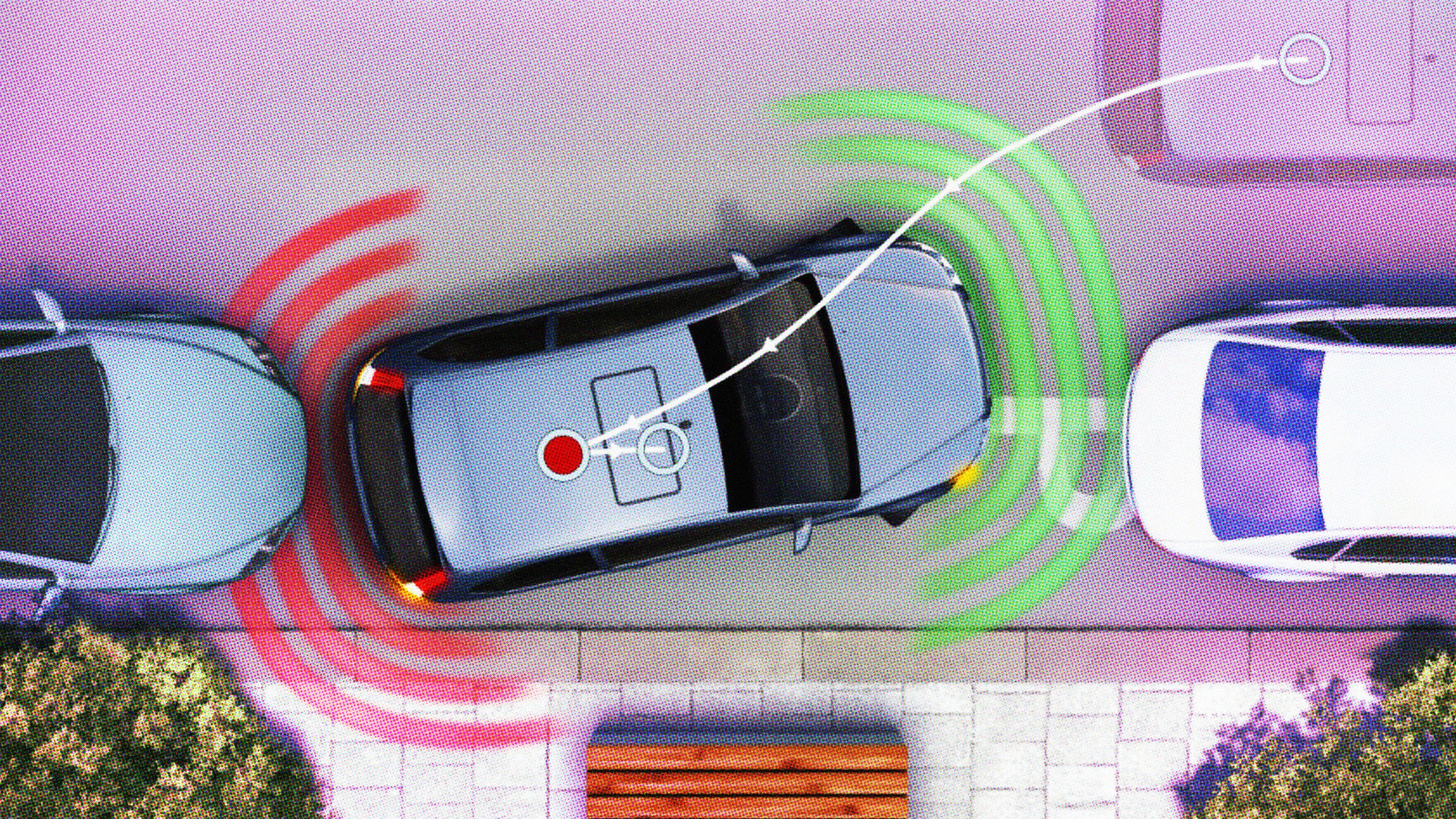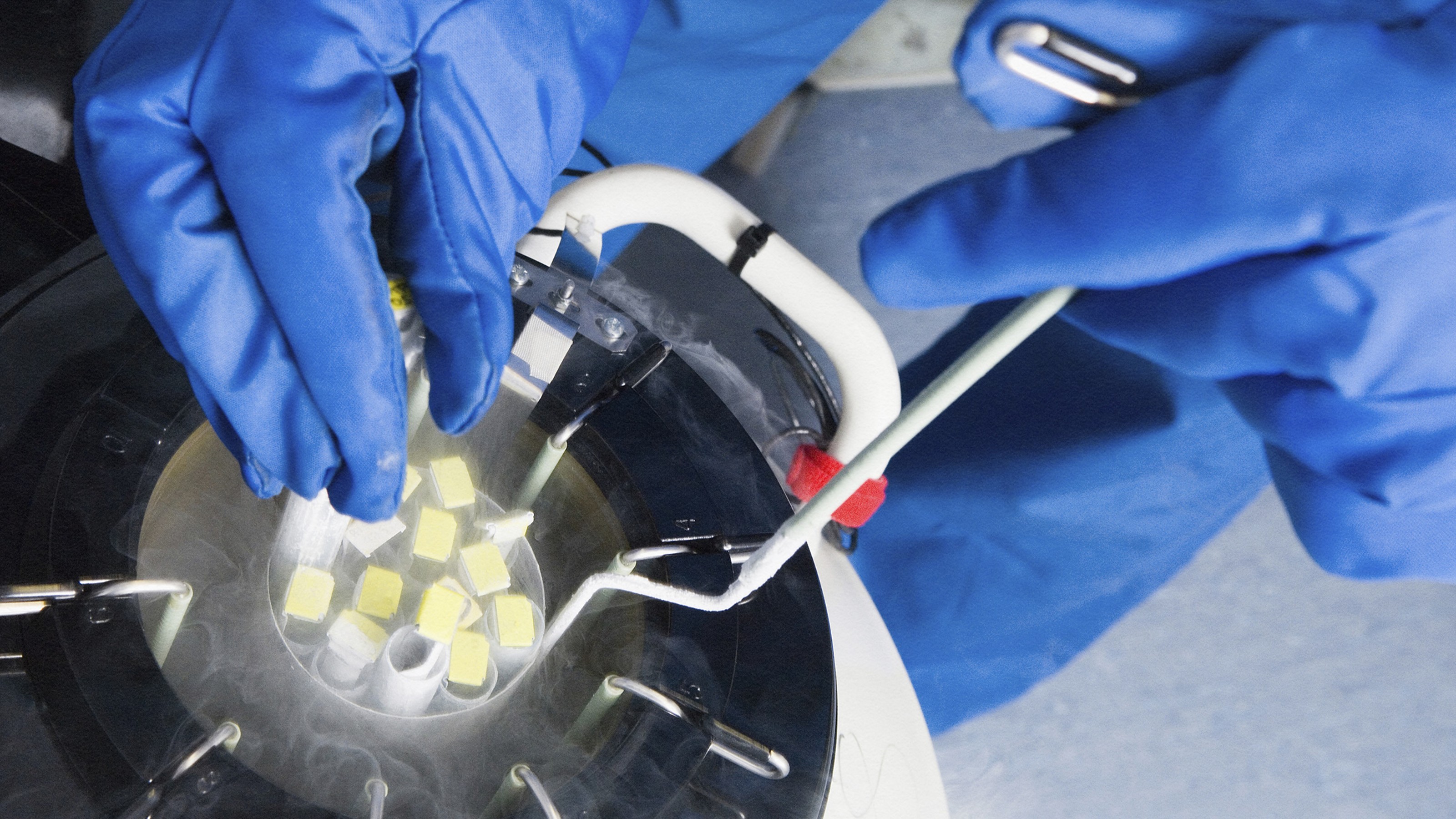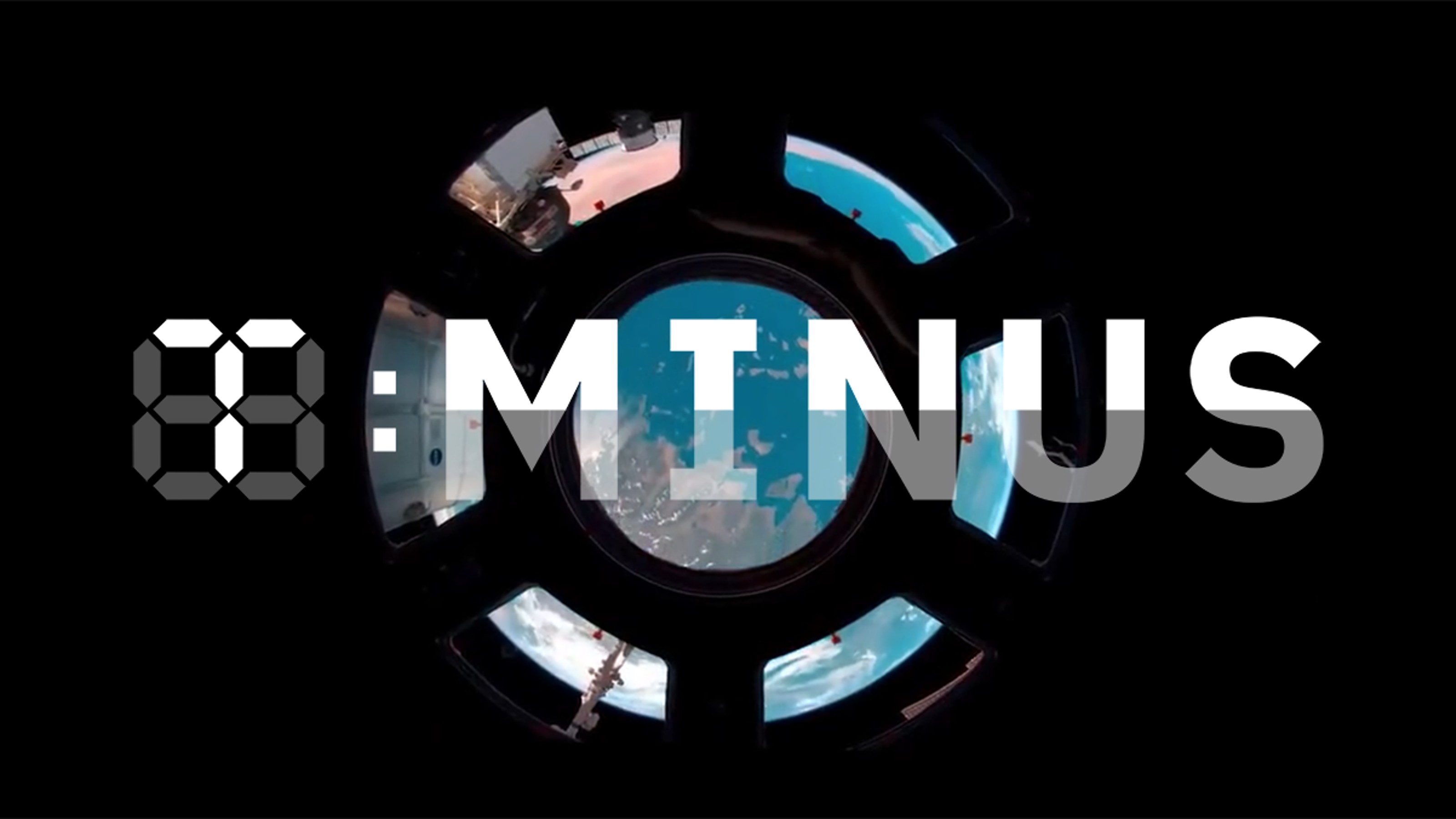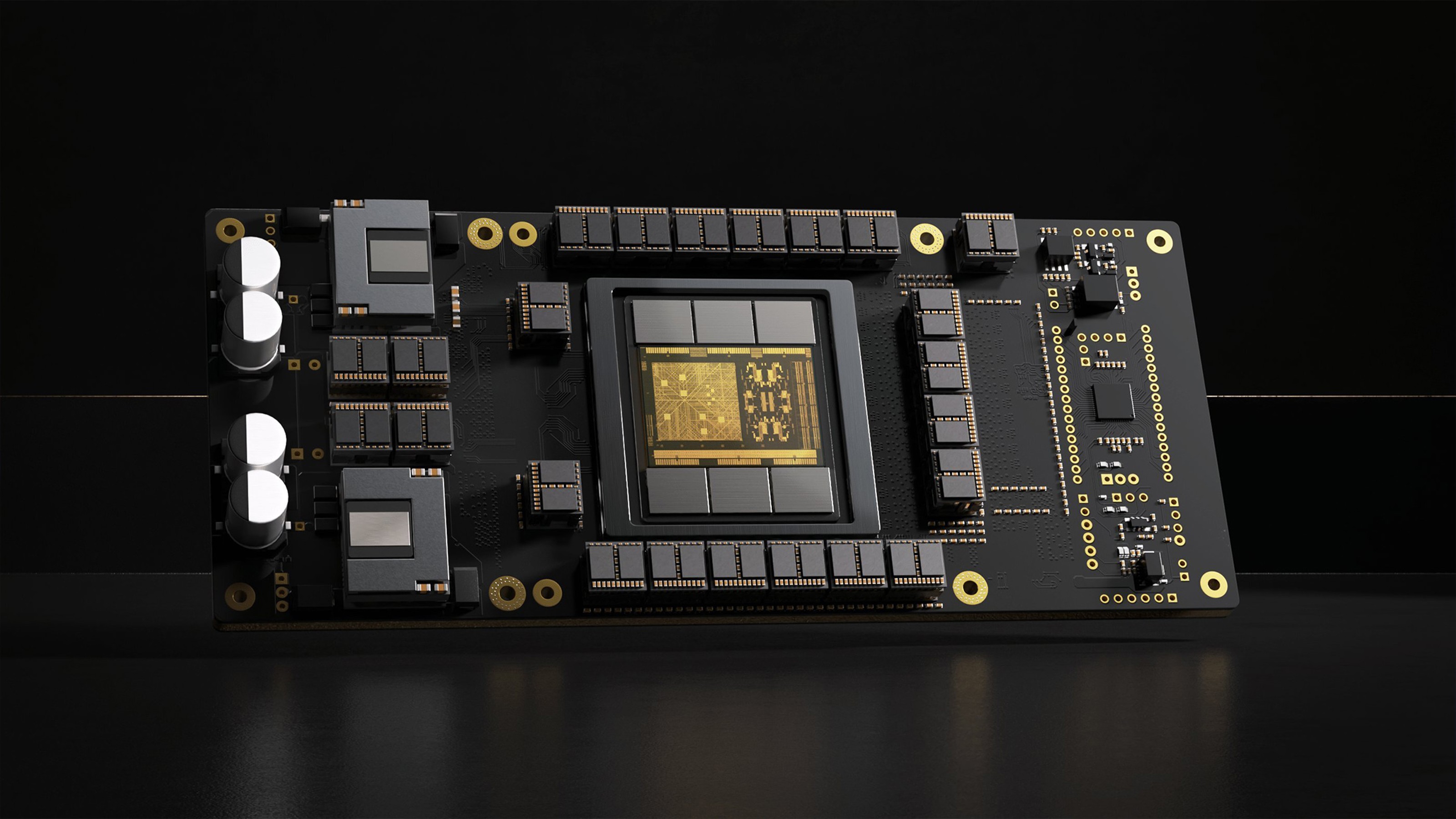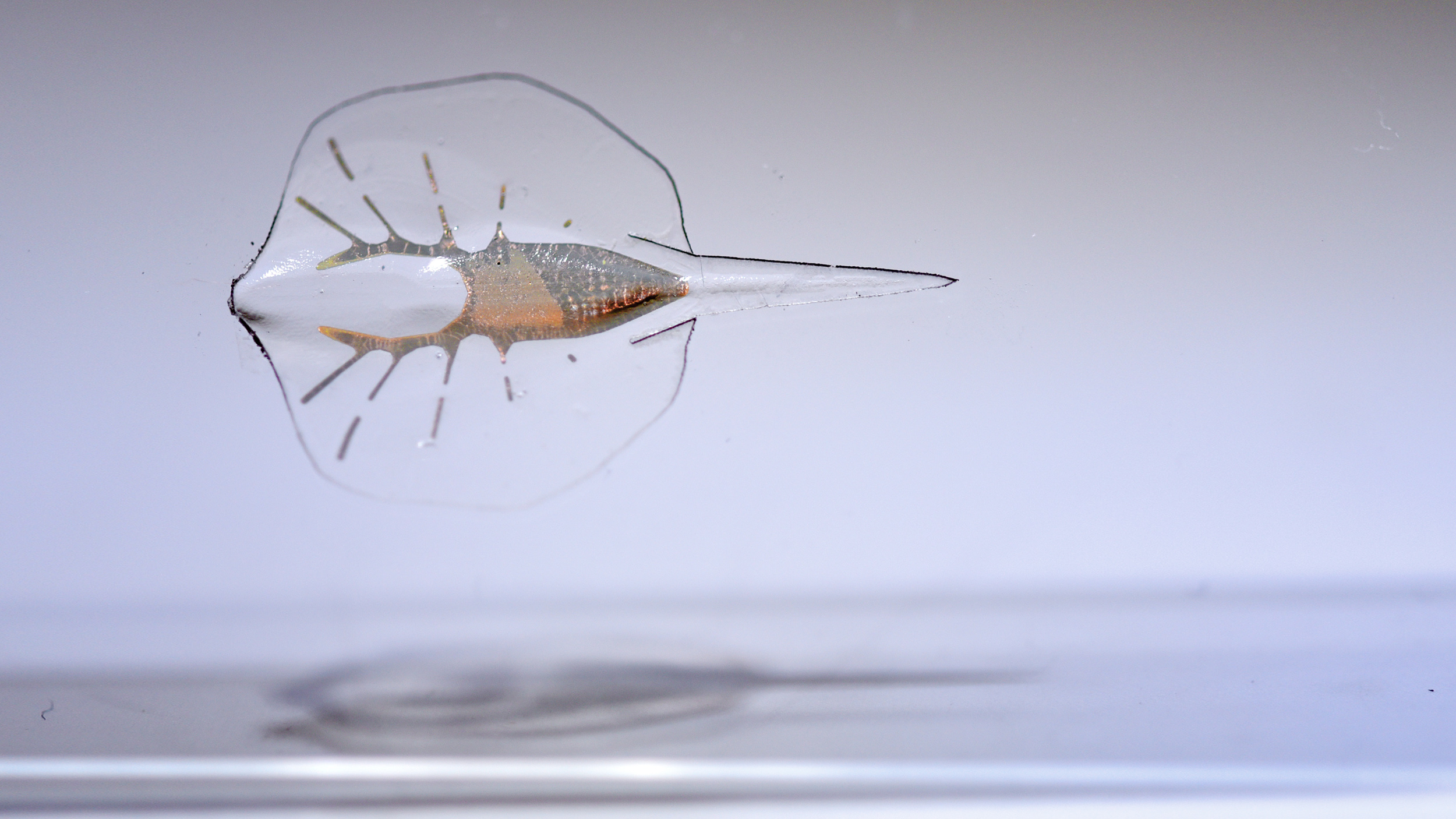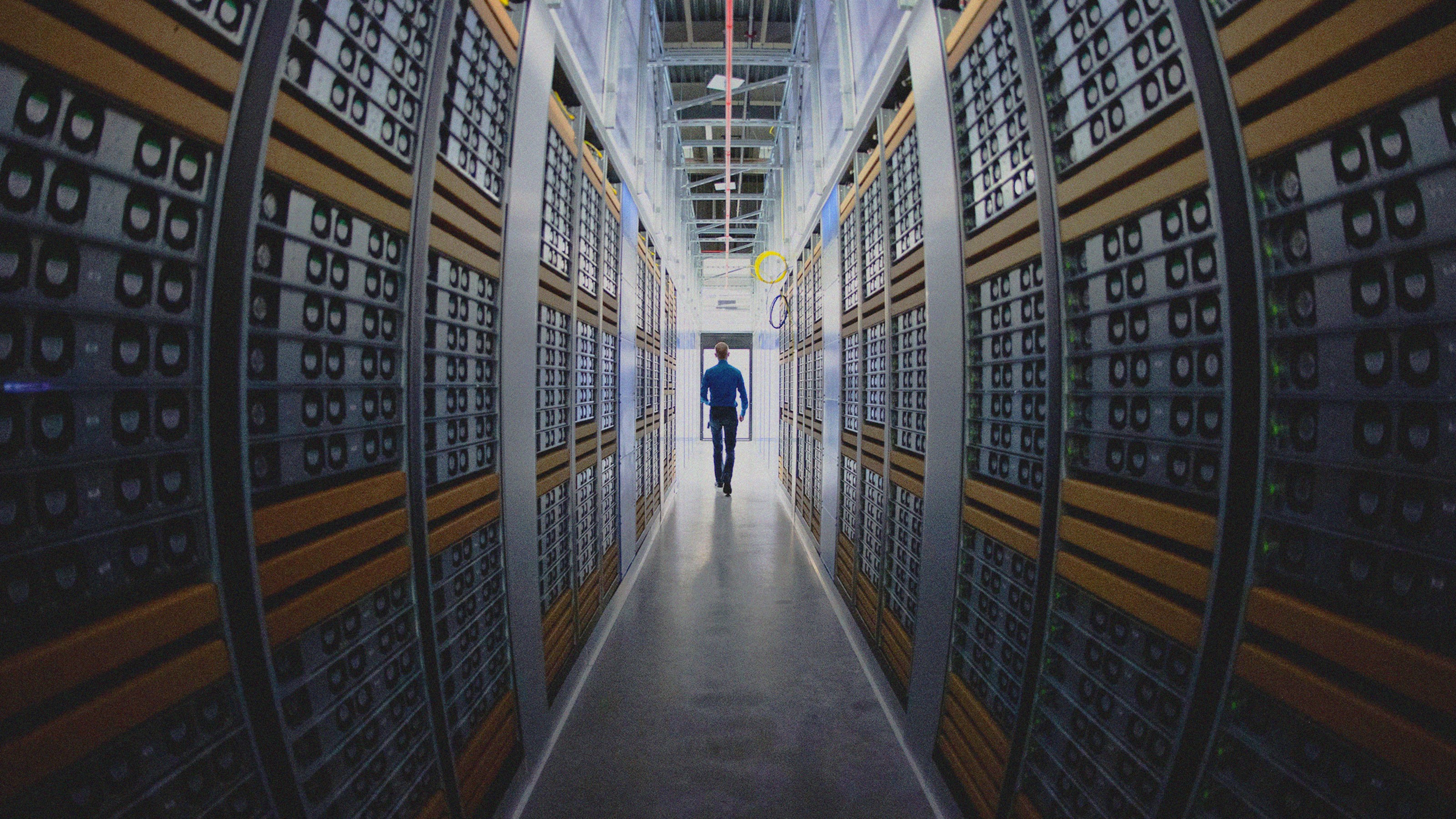Emerging Tech
From tulips to Bitcoin, bubbles have been given a bad rap as destroyers of dreams — but they’re essential for our brightest future. Here’s why.
It’s been 65 years since Richard Feynman saw “plenty of room” in the nano-world. Are we finally getting down there?
A National Center for Data and Evidence could supplement our archaic and expensive system and more accurately measure AI’s impact on jobs.
Behind America’s hunt for a superior semiconductor.
“We can build AI scientists that are better than we are… these systems can be superhuman,” says the FutureHouse co-founder.
Welcome to The Nightcrawler — a weekly newsletter from Eric Markowitz covering tech, innovation, and long-term thinking.
Recent controversies bode ill for the effort to detect life on other planets by analyzing the gases in their atmospheres.
AI software is rapidly accelerating chip design, potentially leveling up the speed of innovation across the economy.
Hang on to something — or ride the wave — because three big tech trends are about to converge.
Reusable rockets, moon landers, civilian astronauts, and more.
The best autonomous car may be one you don’t even need to own.
“The promise of the Human Genome Project has finally arrived.”
Man seeking meaningful relationship at the intersection of on-demand empathy and Rule 34.
The US needs 28 million EV chargers by 2030. Here’s how it can get there.
Welcome to The Nightcrawler — a weekly newsletter from Eric Markowitz covering tech, innovation, and long-term thinking.
The first of these devices is already on the market — the AI-powered Ray-Bans from Meta.
Astro Mechanica’s “turboelectric” jet engines offer a way to transform both commercial flights and space launches.
A simple plate of vegetables has found the gaping blindspots in generative AI, and points the way to fixing them.
Make Sunsets is bringing solar geoengineering from sci-fi to reality.
Welcome to The Nightcrawler — a weekly newsletter from Eric Markowitz covering tech, innovation, and long-term thinking.
Mike Bechtel, chief futurist with Deloitte Consulting LLP, joins Big Think for a wide-ranging look at what’s next — and why.
Why the road to self-driving vehicles is paved with smarter “dumb” cars.
How technology could change everything we thought we knew about reproduction.
These startups, space agencies, and aerospace giants are building humanity’s next off-world homes.
Benjamin Oakes — CEO of buzz-worthy biotech company Scribe Therapeutics — joins Big Think for a chat about innovation, human endeavor, and more.
When AI eats its own product, it gets sick.
Just eight of Etched’s Sohu chips could replace 160 Nvidia GPUs.
As creatures and machines meld together in increasingly advanced forms, ethicists are starting to take note.
Welcome to The Nightcrawler — a weekly newsletter from Eric Markowitz covering tech, innovation, and long-term thinking.
We need more data centers for AI. Developers are getting creative about where to build them.
